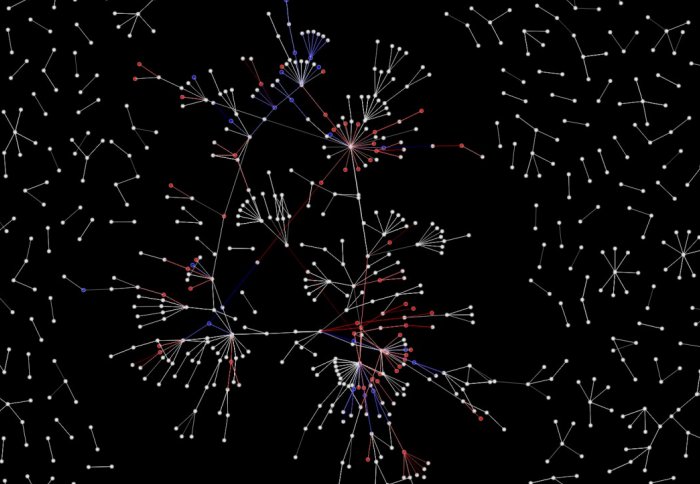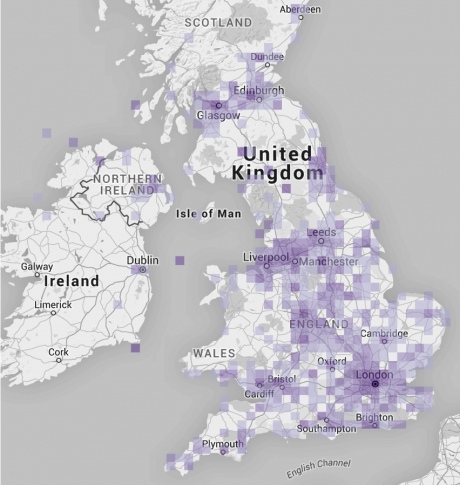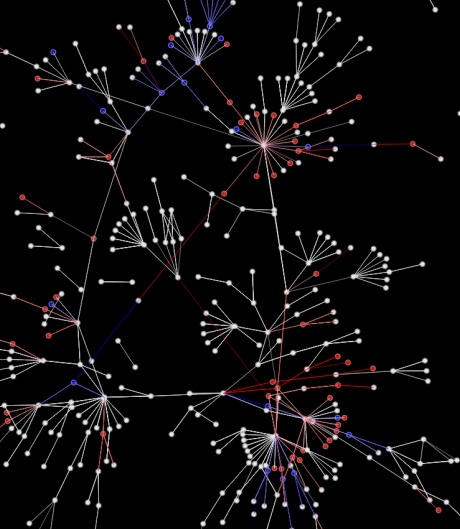Twitter users who debate Brexit with both sides make the strongest impact

People who engage with others of opposing political views are more likely to spread their message further online, says new research.
A study from Imperial Business Analytics with KPMG, shows that Twitter users who send messages to both those who share their views and others with opposing viewpoints, are most likely to influence dialogue on the social network.
The research conducted so far, shows that Twitter users who support the Leave campaign were three times more likely to engage with people from both sides of the argument online than people who support the Remain campaign. The most active users in the Leave group were shown to both engage in dialogue and provide information whereas people supporting Remain were more likely to just provide information to fellow users.
The research was led by Mark Kennedy, Associate Professor, Strategy & Organisational Behaviour, Dr Julio Amador and Mia Mayer from the MSc Business Analytics programme at Imperial College Business School. The team tracked 21,000 messages sent from UK Twitter users who were engaged in discussion about the EU Referendum using the following hashtags: #Brexit, #LeaveEU, #Go, #Remain, #Strongerin, #Voteremain, #bremain and #voteleave.
Researchers tracked both the topics in tweets to other users and the overall volume of Twitter traffic in relation to the EU Referendum across the UK, to get an insight into how polarised people’s views are in the lead up to a major political event.
London was the region with the highest amount of Twitter engagement on Thursday 9 June, with a huge surge in online discussion between 8.00-10.00pm during the ITV televised debate, as shown in the chart below. The darker areas of purple show the highest level of Twitter engagement during this period.

Mark Kennedy said: “As people are consuming more of their political information from social networks and sites such as Twitter, there is an opportunity to use these sites to air views and influence public opinion, but people usually interact with others who think like they do. With the EU Referendum, however, we are seeing that the greatest influence lies with people who are breaking out of that echo chamber pattern into a bolder, more opportunistic engagement of both sides—leavers and remainers. For us, this is light at the end of the tunnel of polarised political discourse.”
The data collected from the research has been turned into a visualisation that shows the patterns of online conversations highlighted in the research, using the KPMG Data Observatory at Imperial College London. The chart below shows the messages sent from Leave campaigners (in red) and Remain campaigners (in blue). The other unrelated messages are shown in white. The research took place between 1-10 June 2016.

Article text (excluding photos or graphics) © Imperial College London.
Photos and graphics subject to third party copyright used with permission or © Imperial College London.
Reporter
Laura Singleton
Communications Division